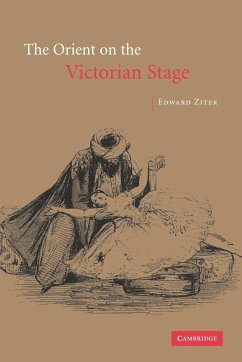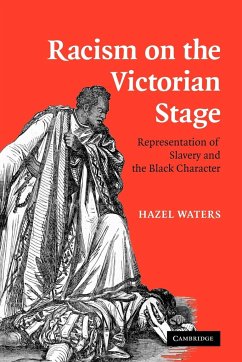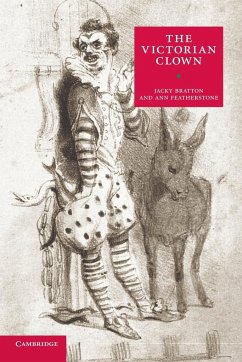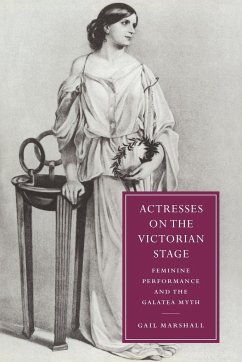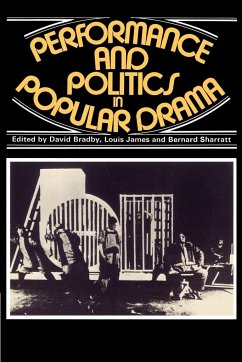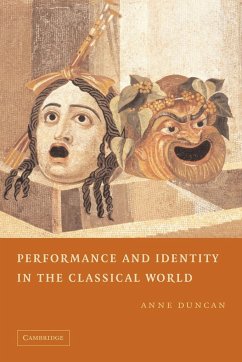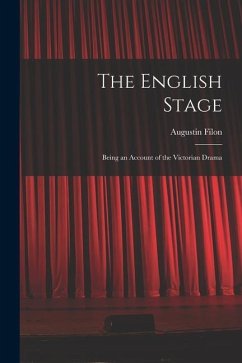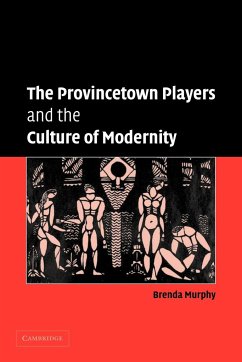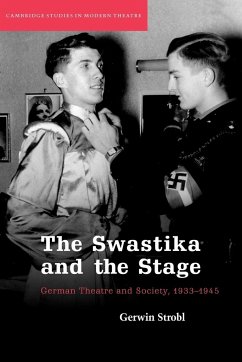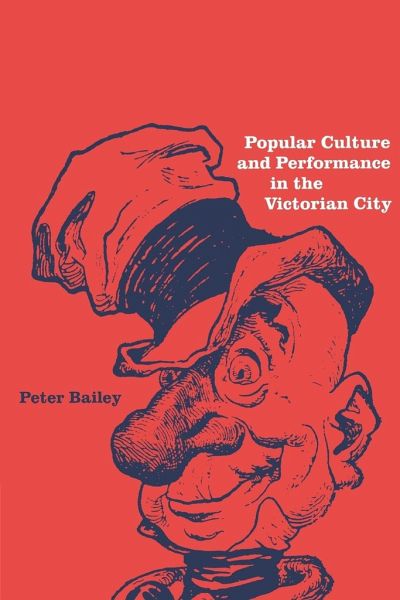
Popular Culture and Performance in the Victorian City

PAYBACK Punkte
24 °P sammeln!
Lively, innovative, well-illustrated essays on the making of the Victorian entertainment industry.This lively and highly innovative book reconstructs the texture and meaning of popular pleasure in the Victorian entertainment industry. Integrating theories of language and social action with close reading of contemporary sources, Peter Bailey provides a richly detailed study of the pub, music-hall, theatre and comic newspaper. Analysis of the interplay between entrepreneurs, performers, social critics and audience reveals distinctive codes of humour, sociability and glamour that constituted a ne...
Lively, innovative, well-illustrated essays on the making of the Victorian entertainment industry.
This lively and highly innovative book reconstructs the texture and meaning of popular pleasure in the Victorian entertainment industry. Integrating theories of language and social action with close reading of contemporary sources, Peter Bailey provides a richly detailed study of the pub, music-hall, theatre and comic newspaper. Analysis of the interplay between entrepreneurs, performers, social critics and audience reveals distinctive codes of humour, sociability and glamour that constituted a new populist ideology of consumerism and the good time. Bailey shows how the new leisure world offered a repertoire of roles that enabled its audience to negotiate the unsettling encounters of urban life. Bailey offers challenging interpretations of respectability, sexuality, and the cultural politics of class and gender in a distinctive, personal voice.
Table of content:
Introduction: social history, cultural studies and the cad; 1. The Victorian middle class and the problem of leisure; 2. A role analysis of working-class respectability; 3. Ally Soper's half-holiday: comic art in the 1880s; 4. Business and good fellowship in the London music hall; 5. Champagne Charlie and the music hall swell song: 6. Music-hall and the knowingness of popular culture; 7. The Victorian barmaid as cultural prototype; 8. Musical comedy and the rhetoric of the girl, 1892-1914; 9. Breaking the sound barrier; Notes; Index.
This lively and highly innovative book reconstructs the texture and meaning of popular pleasure in the Victorian entertainment industry. Integrating theories of language and social action with close reading of contemporary sources, Peter Bailey provides a richly detailed study of the pub, music-hall, theatre and comic newspaper. Analysis of the interplay between entrepreneurs, performers, social critics and audience reveals distinctive codes of humour, sociability and glamour that constituted a new populist ideology of consumerism and the good time. Bailey shows how the new leisure world offered a repertoire of roles that enabled its audience to negotiate the unsettling encounters of urban life. Bailey offers challenging interpretations of respectability, sexuality, and the cultural politics of class and gender in a distinctive, personal voice.
Table of content:
Introduction: social history, cultural studies and the cad; 1. The Victorian middle class and the problem of leisure; 2. A role analysis of working-class respectability; 3. Ally Soper's half-holiday: comic art in the 1880s; 4. Business and good fellowship in the London music hall; 5. Champagne Charlie and the music hall swell song: 6. Music-hall and the knowingness of popular culture; 7. The Victorian barmaid as cultural prototype; 8. Musical comedy and the rhetoric of the girl, 1892-1914; 9. Breaking the sound barrier; Notes; Index.





